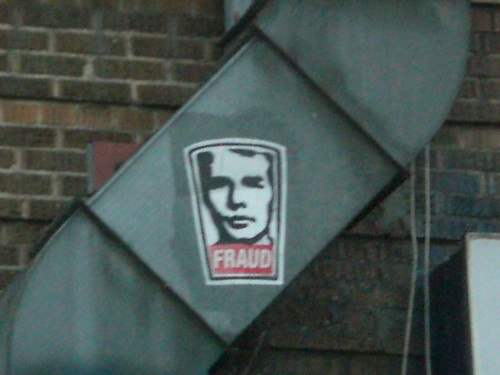(US law) Criminal acts commonly result in collateral damage. When the criminal act results in the taking of a human life, the victim’s family may be left with a lost source of income and an emotional toll that can never be overcome. In such cases, members of the immediate family may file a civil action to recover damages. Fraud against the government is no exception, although in such cases, family members have an additional option.
Suing for Wrongful Death
Wrongful death lawsuits entitle certain people, usually immediate family members, executors of an estate, or other appointed parties, to sue on behalf of a person who was killed as the result of another person’s wrongful act. A wrongful act is an illegal or tortious act. In the context of an unnecessary medical procedure, the wrongful act may be fraud; in the context of a procedure that the patient never consented to, the wrongful act may be battery.
The only difference between a person being killed by a drunk driver and by an ongoing Medicare fraud is the chain of events that led to the death and the complexity of the fact pattern. The underlying concept is the same: a wrongful act caused a death and the persons responsible are liable for damages. The law does not require that the wrongful act be directed at the decedent. It is sufficient that a wrongful act occurred and that the decedent died as a result thereof.
Suing Under the False Claims Act
If the death resulted from fraud against the government, victims have another avenue of recourse. 31 U.S.C. §§ 3729-3733, more commonly known as the False Claims Act of 1863, prohibits a long list of conduct committed in furtherance of defrauding the federal government. It is unlawful, among other things, to present fraudulent claims for payment or make false statements in connection with any claims made to the federal government. Billing for unnecessary procedures or defrauding the government in sales of equipment that is claimed to meet certain specifications but does not meet those specifications is a federal crime.
The False Claims Act of 1963 creates a private right of action; any citizen can sue the offending parties for the unlawful conduct. Parties may initiate a claim under the False Claims Act by filing a qui tam action and serving it upon the U.S. Attorney General as well as the local U.S. Attorney. The government has 60 days to investigate the claim. If the government decides to pursue the claim, the plaintiff’s involvement ends and the government prosecutes the case. If the government declines to pursue the case, the plaintiff may still pursue the case privately on behalf of the government.
This opens up another avenue of recovery for victims and their families. Wrongful death lawsuits normally limit damages to expected future income; proving such damages can be difficult and a large damage award may be reduced upon appeal due to the speculative nature of such awards. In contrast, a successful qui tam action will result in a percentage of the recovery being awarded to the original plaintiff. The False Claims Act allows for recovery of treble damages and disgorgement of profits; as a result, the awards from such claims can be high. If the government takes over the case, the plaintiff may receive 15 percent of the settlement or award; if the plaintiff litigates the matter and obtains a settlement or judgment, the plaintiff may be entitled to as much as 30 percent of the damages.
Deterring future conduct is as important as obtaining compensation for a lost friend or family member. If your family member underwent unnecessary procedures or was victimized by defective products as a result of ongoing fraud against the federal government, it is likely that your family member was not the only victim. If nothing is done, your family member may not be the last. Seek legal counsel as soon as possible; consult a tort lawyer for a wrongful death claim and a whistleblower attorney to discuss the feasibility of pursuing a claim under the False Claims Act.
Valerie Stout Cyrus is a freelance writer who frequently researches claims of fraud against the government. She has found that the attorneys at the whistleblower law firm of Goldberg Kohn Ltd, at www.whistleblowersattorneys.com, are experienced in securing judgments against entities that commit fraud against the government.
Photo credit: http://www.flickr.com/photos/20692718@N00/4038317140/

